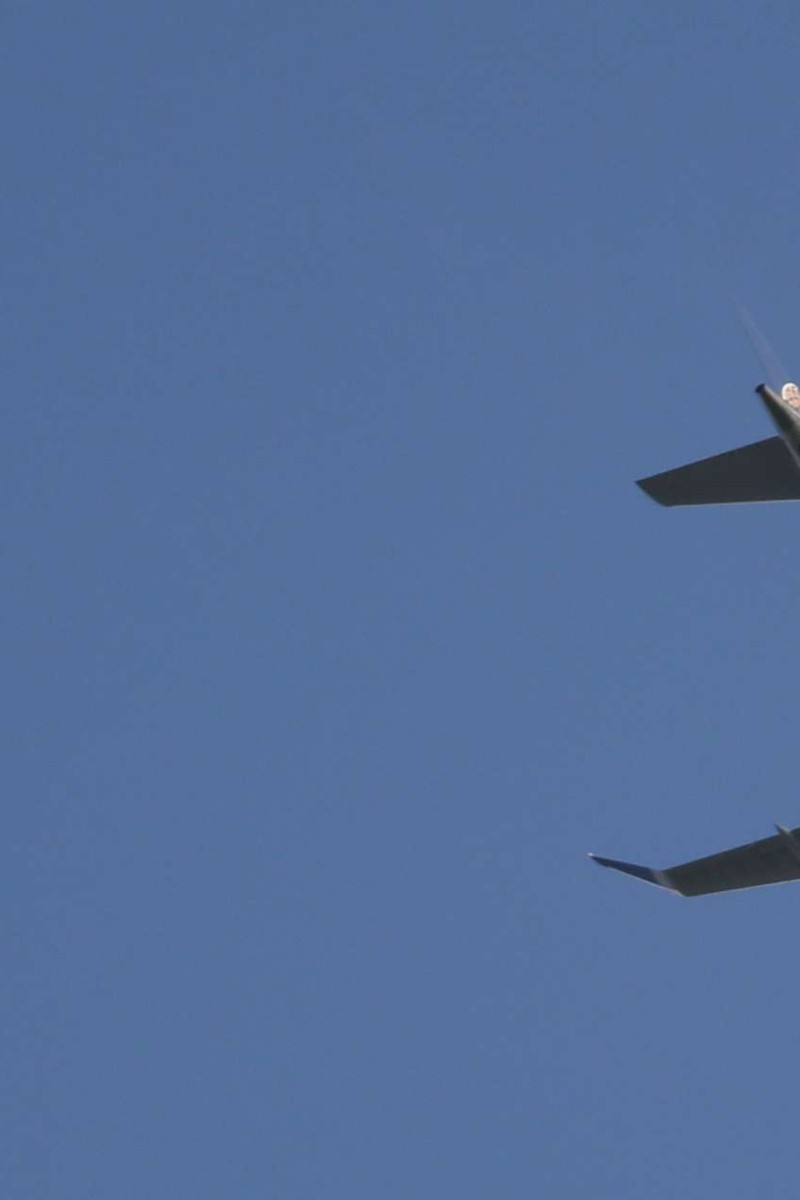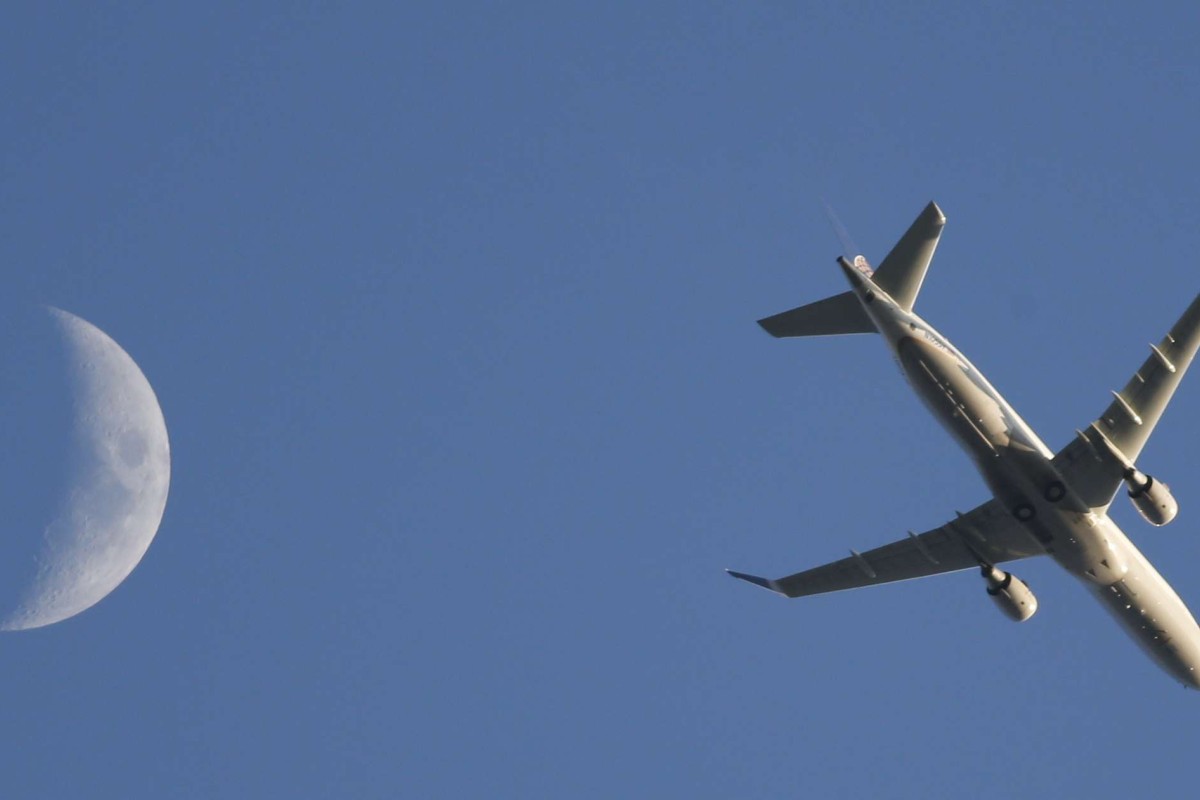
There’s no need to fear air travel these days. So, when it comes to saving lives, it’s time we focused more on road safety

 Airplanes are still statistically the safest means of travel.
Airplanes are still statistically the safest means of travel. Last week, EgyptAir Flight 804 crashed into the Mediterranean Sea, killing all 66 people on board. The past couple of years have seen a spate of aviation disasters, and questions have been raised about the safety of air travel.
There is no need to fear air travel. Aviation is safer today than at any other time in its history. Statistics prove it. Experts often say that flying by plane is the safest form of transportation. The chances of dying in a plane crash are said to be around 1 in 11 million; you are much more likely to be involved in a fatal traffic accident.
Despite the figures, there have been calls for greater aviation security. Governments and corporations around the world have invested large amounts of money into tightening security at airports and protecting planes against all types of threats, from terrorism to mechanical failure to pilot error.
Limited resources
Many of these measures have come at the cost of passengers’ time and convenience. More importantly, by spending more on preventing air travel deaths, we may be diverting resources that could have been used elsewhere, for example, to make our roads less dangerous.
As aviation is already much safer than other modes of transport, we need to think more carefully about how much we should spend on airport security and air safety.
It is wrong to suggest that spending on air safety should come at the expense of, say, road safety. It should not. The fundamental problem of economics is that we have “limited resources and unlimited wants”. At some stage, money spent on protecting us from airline disasters may come at the cost of protecting us from road accidents.
In managing limited resources, and with the focus on saving lives, we must think carefully about how to get the most out of every dollar that is being spent. Basically, we should be spending in areas where the cost of saving a life is the lowest.
Post MH370, air safety is no longer a breeze
To some, it may seem callous, or even repulsive, to connect money and human life. Efforts to “value” a human life in monetary terms are indeed controversial. That, however, is not what is being advocated. Instead, the emphasis here is strictly on saving lives, and doing it effectively.
We usually see diminishing returns in economics. In reducing airline incidents, the so-called “law of diminishing marginal returns” implies that each additional dollar spent on safety will yield lesser improvement than the previous dollar.
Dramatic effect
Huge amounts of money have already been spent to ensure airline safety, especially when compared to, say, road safety. It is quite likely that additional investments into airline safety will do less good than an equal amount spent on reducing car accidents.
Airline tragedies are quite dramatic, but at present, there is no mass hysteria about air safety. Even if there was panic, money would be better spent reassuring people that airlines are already safe even without any extra security and other measures.
Too often, the public is drawn towards sensational reports in the media. This means governments have fewer resources to tackle day-to-day issues which often make a bigger impact on our lives. As a society with limited resources, we must think carefully about efficiency and not allow headlines to override sound analysis.
